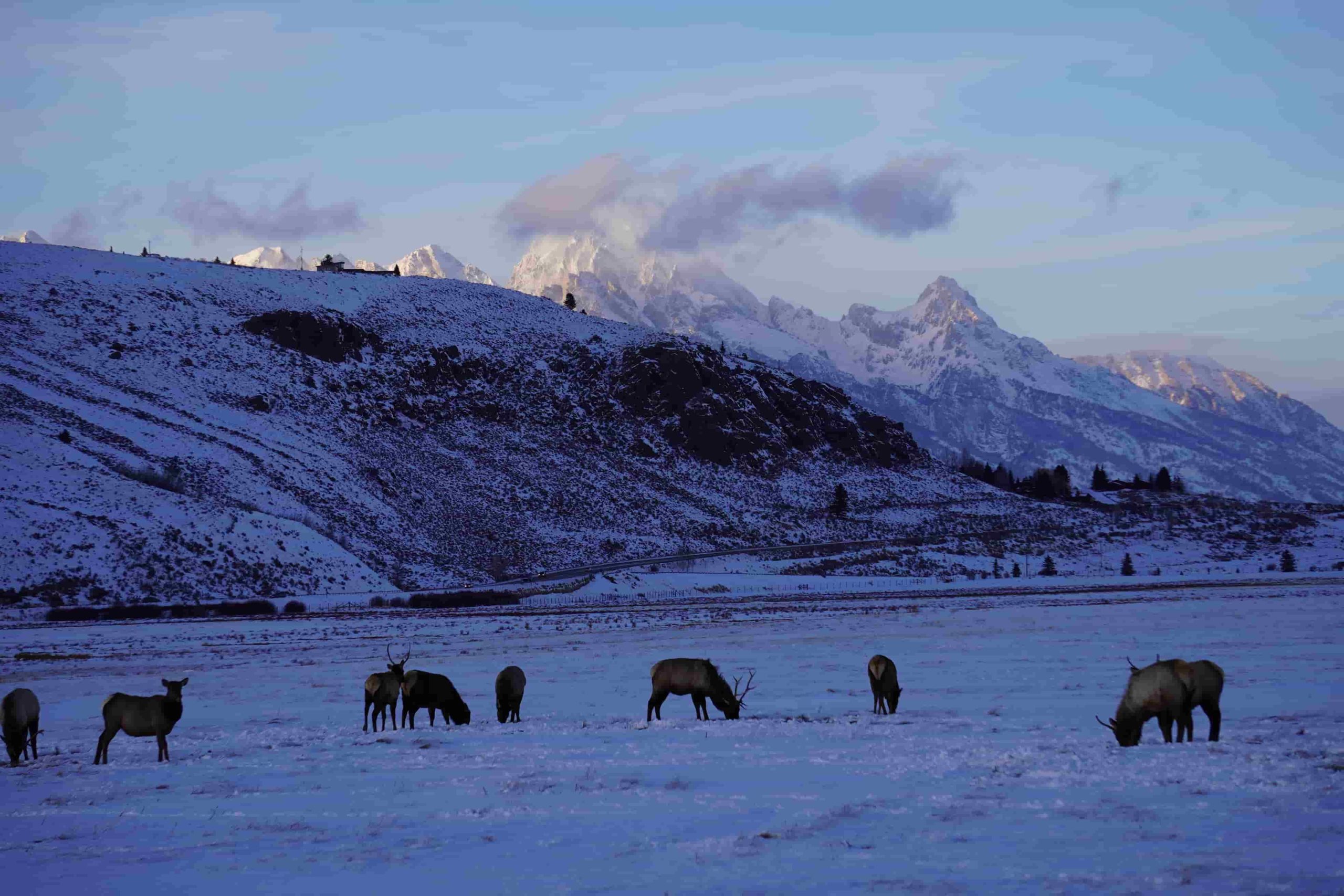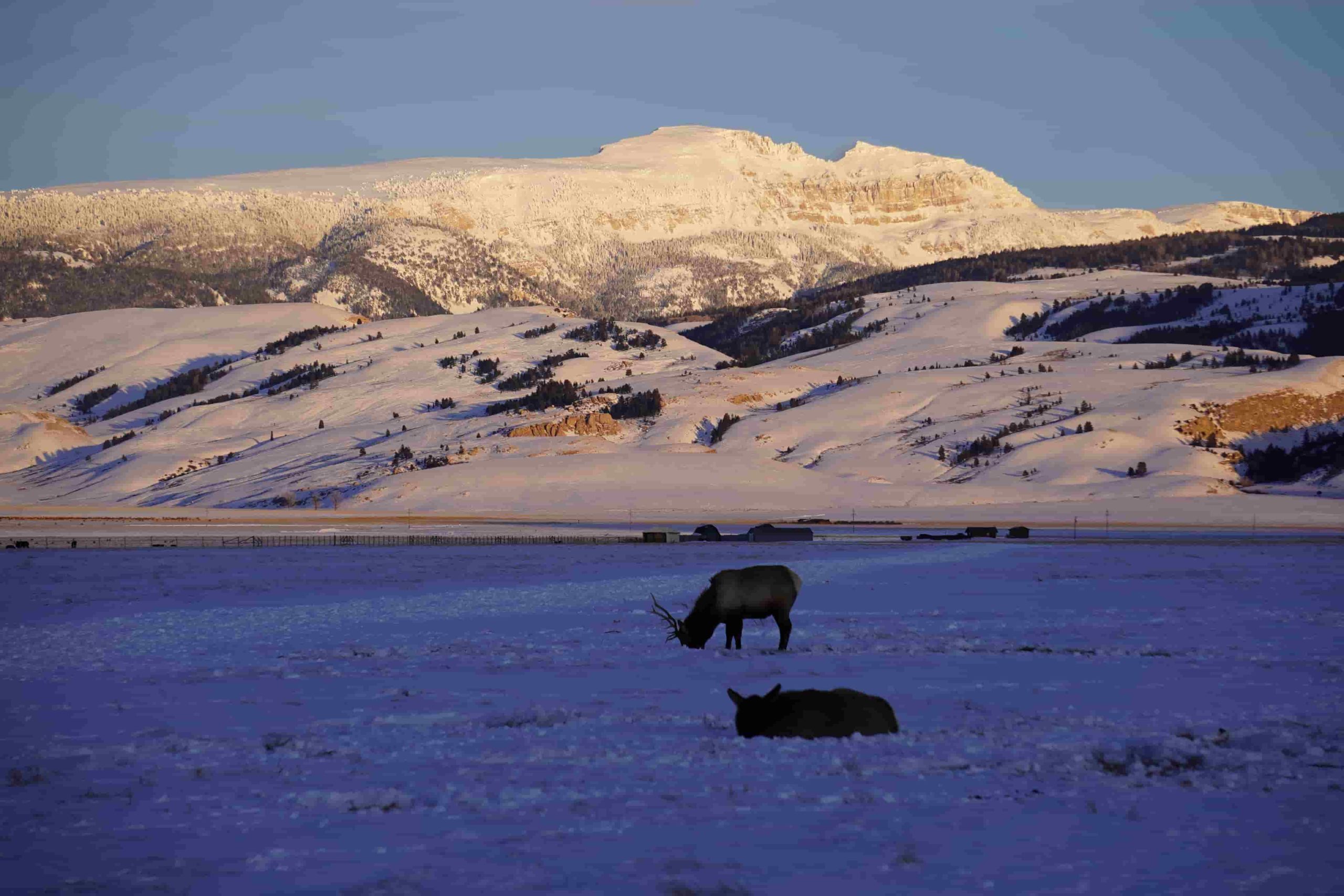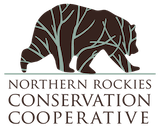Author: Jesse Callahan Bryant
Organization: Yale School of the Environment
Title: Wild Domesticity: The Ambiguous Status of the Jackson Elk Herd and Its Policy Implications
This research project uses a cultural sociological framing to investigate the liminal status of the Jackson elk herd—suspended uncertainty in the cultural binary of wild and domestic—and this liminality’s implications for policy processes. Cultural sociology is a field primarily concerned with how cultural systems (narrative, myth, icons, etc.) shape institutions (law, policy, corporations, etc.).
In cultural sociology, the myth or narrative is treated as the independent variable, 
as the subject that does something to the object, the dependent variable. Further, cultural sociology asserts that culture operates on binaries, an assertion derived from Emile Durkheim’s notions of the “sacred and profane”, and later Mary Douglas’ notions of “dirt” and the binaries that emerge from senses of “dirty-clean” and “good-evil”. Importantly, Douglas also suggested that it is not actually objects or people that fall on the profane (dirty, evil, bad, etc.) side of any cultural binary that are the most threatening to a culture, but instead objects or people who don’t fit the binary. Think, for instance, of the political debacle over the treatment of transgender in the Western world.
One well-trodden cultural binary embedded deeply into our culture is that of the basic classification of life as either wild or domestic. In many ways, the Jackson elk herd, a herd that has been fed by humans throughout the winter for more than 100 years, can be considered domestic. And in many other ways, including in the imaginations of tourists, the herd can be viewed as wild. And yet for years, despite creeping threats like Chronic Wasting Disease, the management of this herd has caused extensive conflict between agencies, policymakers, and the public. This project is an attempt to locate the origins of that conflict in a lack of consensus on the nature or goals of this wildlife population and competing views about whether it should fall more neatly into the binary of wild or domestic.
 This work will suggest that rather than beginning management decision-making processes with science, it would be more helpful to first come to an agreement about whether the elk are wild or domestic, each of which have wildly divergent policy alternatives, or if we can tolerate a non-binary hybrid definition and set of management prescriptions. Civil sphere items (op-eds, management documents, etc.) will be used to get a sense of who and where there are divergences across this binary in this policy debate.
This work will suggest that rather than beginning management decision-making processes with science, it would be more helpful to first come to an agreement about whether the elk are wild or domestic, each of which have wildly divergent policy alternatives, or if we can tolerate a non-binary hybrid definition and set of management prescriptions. Civil sphere items (op-eds, management documents, etc.) will be used to get a sense of who and where there are divergences across this binary in this policy debate.

Jesse Bryant is a Doctoral Student studying with Dr. Justin Farrell at the Yale School of the Environment whose interests lie at the intersection of media, governance, and the environment. At Yale, he works between the School of the Environment, the Center for Cultural Sociology, and the Digital Humanities Lab. Jesse a pragmatist, in the sense of good knowledge coming from real lived experience. With this in mind, he keeps employment while completing his Ph.D. in the form of political campaign and policy, and teaching in various forms. Jesse is also a Research Associate at the Northern Rockies Conservation Cooperative.
